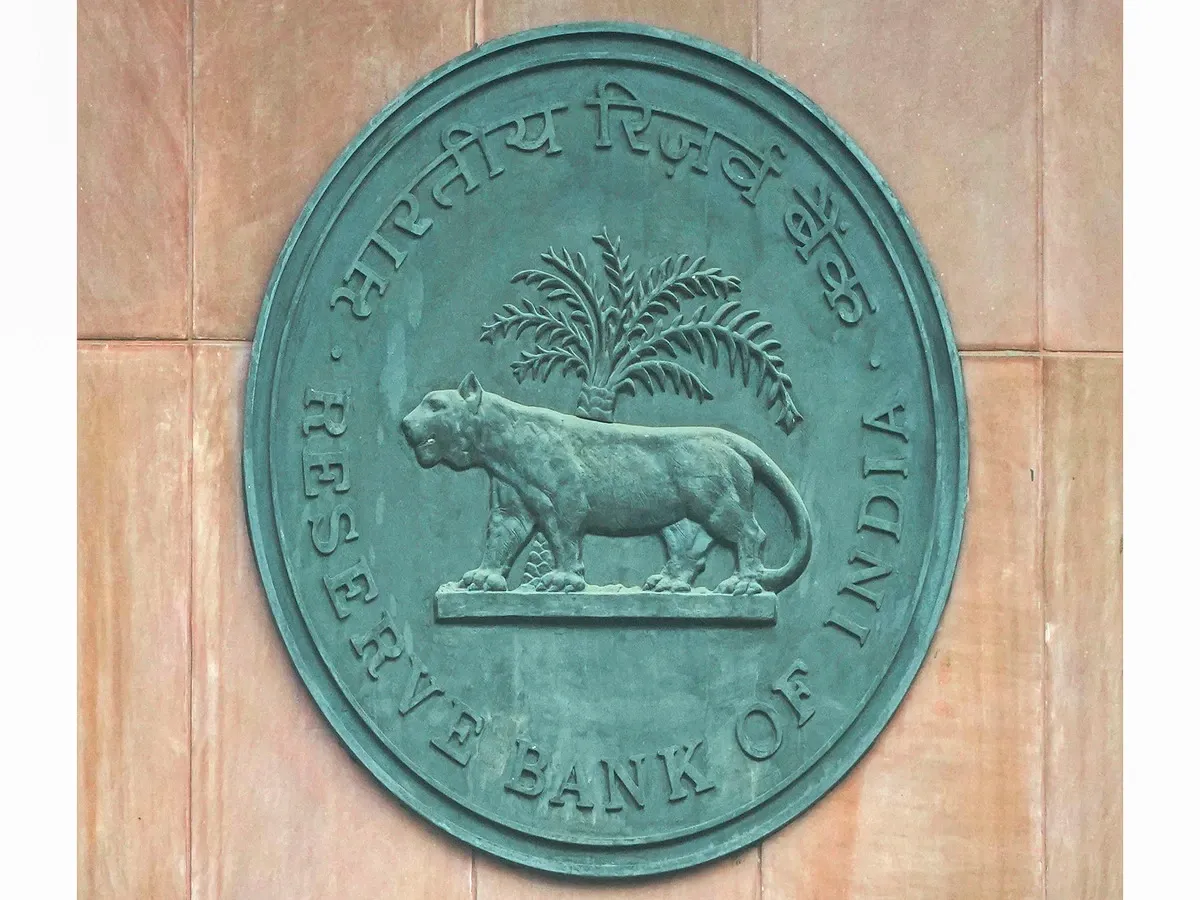Personal Finance News
How much home loan can an Urban Co-operative Bank offer per residential unit? RBI decides

3 min read | Updated on February 25, 2025, 11:51 IST
SUMMARY
The RBI from time to time prescribes various prudential norms for Urban Co-operative Banks (UCBs) to enhance their financial soundness and resilience. Some of these prudential norms have been issued to reduce credit concentration risk, reduce exposures to sensitive sectors, and enhance provisioning requirements for relatively riskier exposures, RBI said.

The central bank has categorised UCBs into four tiers. | Image source: Shutterstock
The Reserve Bank of India (RBI) has revised the housing loan amount that Urban Co-operative Banks (UCBs) can offer to individuals for a single residential unit.
In a notification titled, "Review and rationalisation of prudential norms - UCBs" on Monday (February 24, 2025), the RBI said the amount of housing loan per unit provided by a Tier 1 UCB can be up to ₹60 lakh.
| UCB Tier | Loan Amount per Dwelling Unit |
|---|---|
| Tier 1 | ₹60 lakh |
| Tier 2 | ₹1.40 crore |
| Tier 3 | ₹2 crore |
| Tier 4 | ₹3 crore |
| *Subject to extant single borrower exposure limits |
Source: RBI
While the housing loan ceilings for individuals have been revised, RBI said that all other provisions regarding the grant of loans by UCBs to the real estate sector remain unchanged.
The central bank has categorised UCBs into four tiers:
- Tier 1: UCBs with deposits up to ₹100 crore
- Tier 2: UCBs with deposits above ₹100 crore and less than ₹1000 crore
- Tier 3: UCBs with deposits above ₹1000 crore and less than ₹10,000 crore
- Tier 4: UCBs with deposits over ₹10,000 crore.
Why the change?
The RBI from time to time prescribes various prudential norms for UCBs to enhance their financial soundness and resilience.
"Some of these prudential norms have been issued with a view to reducing credit concentration risk, reducing exposures to sensitive sectors, and enhancing provisioning requirements for relatively riskier exposures," the RBI said.
Old vs new rule
As per the previous rule of RBI, the aggregate exposure of a UCB to housing, real estate, and commercial real estate loans was capped at 10% of its total assets.
The ceiling of 10% could be exceeded by an additional 5% of total assets for granting housing loans to individuals. Further, the ceilings prescribed for individual housing loans were ₹60 lakh per individual borrower for Tier-1 UCBs, and ₹1.4 crore per individual borrower for all other UCBs.
The RBI has now decided to revise the prudential limits on housing loans as mentioned above.
Further, the RBI said, "Aggregate exposure of a UCB to residential mortgages (housing loans to individuals), other than those eligible to be classified as priority sector, shall not exceed 25 per cent of its total loans and advances."
"Aggregate exposure of a UCB to real estate sector, excluding housing loans to individuals, shall not exceed five per cent of its total loans and advances," it added.
Small value loans
The RBI has also revised the definition of small-value loans of UCBs as loans of value not more than ₹25 lakh or 0.4% of their Tier I capital, whichever is higher, subject to a ceiling of ₹3 crore per borrower.
"Boards of UCBs, however, shall periodically review the portfolio behaviour and quality under different loan-size categories and where necessary, may consider fixing lower ceilings," the RBI said.
Previously, UCBs were required to have at least 50% of their aggregate loans and advances comprising of small value loans – i.e., loans of value not more than ₹25 lakh or 0.2% of their Tier I capital, whichever is higher, subject to a maximum of ₹1 crore per borrower.
Related News
By signing up you agree to Upstox’s Terms & Conditions
About The Author
Next Story



